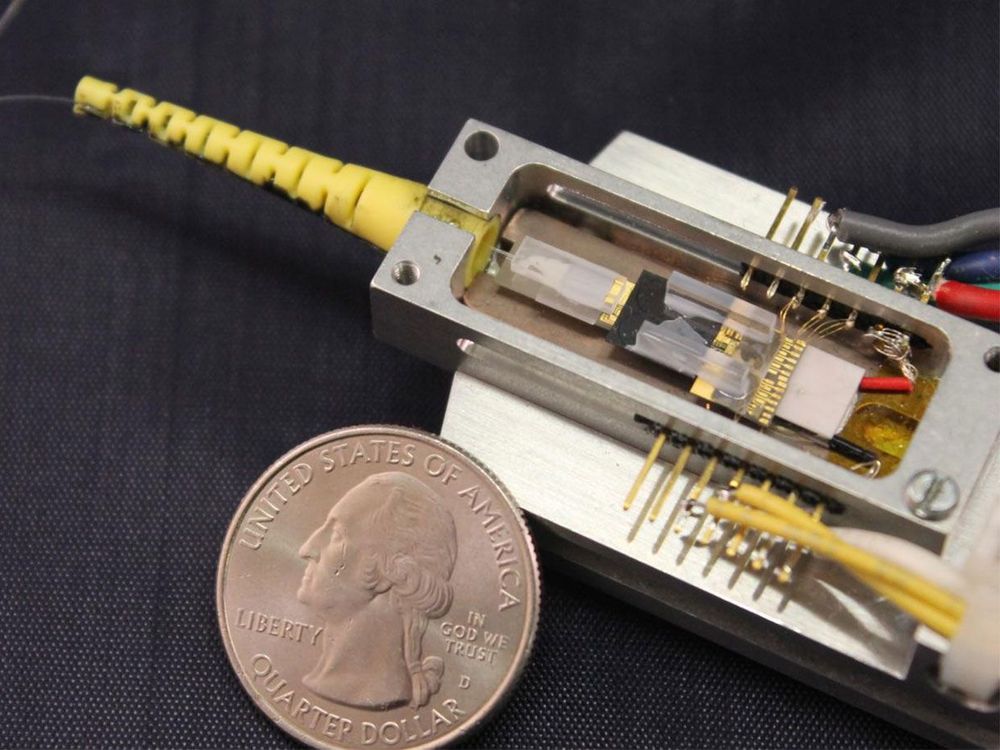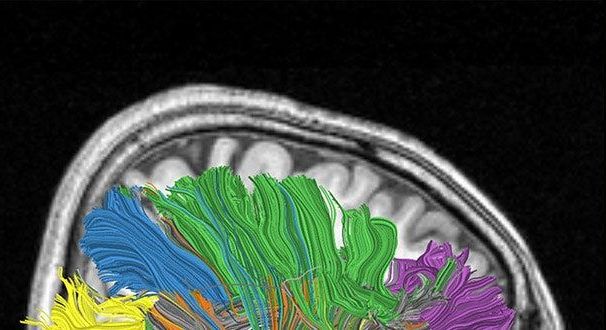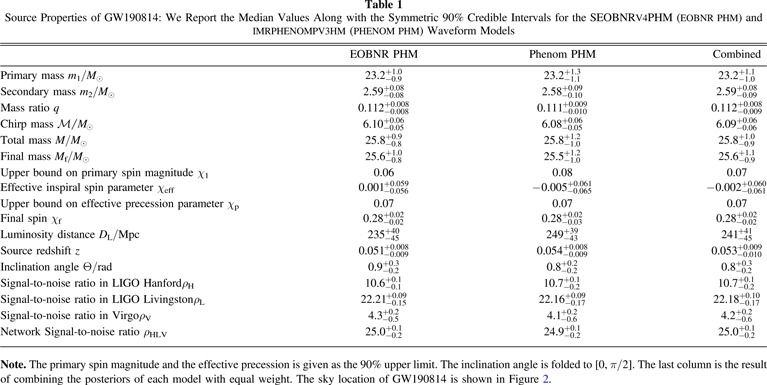Sondors has just revealed three new high-powered electric bicycles known as the Sondors Rockstar, Cruiser and LX. The new models are part of the company’s not-yet-released Elite line. They feature stunning new frame designs, huge 1kWh batteries though the low introductory prices might actually be the biggest shocker of all.








